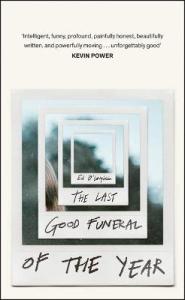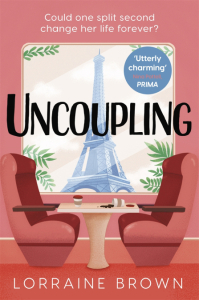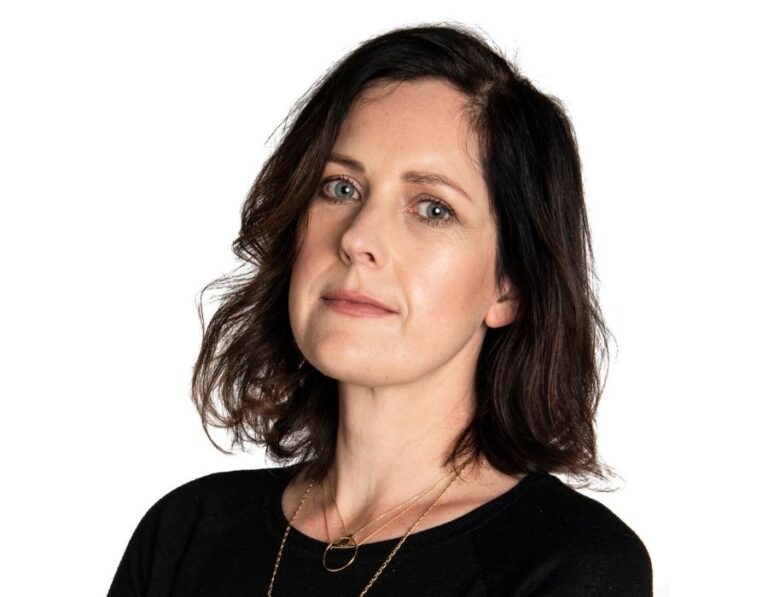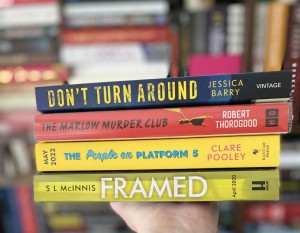The search for meaning becomes the driving theme of O’Loughlin’s year of confinement. He remembers his brother Simon, a suicide at thirty; the journalists and photographers with whom he covered wars in Africa, the Middle East, the Balkans, wars that are hard to explain and never really stopped; his habit of shedding baggage, an excuse for hurrying past and not dwelling on things.
Moving, funny, and searingly honest, The Last Good Funeral of the Year takes the reader on a circular journey from present to past and back to the present: ‘Could any true story end any other way?’
You would be forgiven for thinking that memoir about death would be morbid reading. It is not. The Last Good Funeral of the Year is a reflective look at how we go through life followed by death, the fact that it will happen to the people in our lives at some point. How it can impact on relationships, make us reassess our day to day existence and how it changes those left behind in some way.
Source – review copy
Interesting yet never maudlin, The Last Good Funeral of the Year is a considered look at mortality and death and how those who entered our lives, however briefly, leave something behind when they leave.It was February 2020, when Ed O’Loughlin heard that Charlotte, a woman he’d known had died, young and before her time. He realised that he was being led to reappraise his life, his family and his career as a foreign correspondent and acclaimed novelist in a new, colder light.
Soon, the lockdown would start. People would die alone, without any proper ceremony. Charlotte’s death would be washed away, the first drop in a downpour. Nobody knew it then but hers would be the last good funeral of the year.
Published by Riverrun
Death is an inevitable fact of life. Many of us are lucky in that we do not have to consider it too often. When it does impact us, we each deal with the effects in our own way. For Ed O’Loughlin, it is hearing about the death of an old girlfriend, Charlotte, that sets him on a path of reflection.
Publication date – 3 March 2022

It is quite a short book, though is no less impactful for it. It is, as is the nature of a memoir, an intimate book, as we see the thoughts and life of someone else. It is made all the more personal due to the fact that it is a reflection on loss, on death, the thing that affects each of us, eventually. There is the sense that the writing of the book was cathartic, a way to process loss that had perhaps been buried or placed somewhere to deal with at a later date.
Written during the first year of the pandemic, the author goes back through his life so far, recalling the deaths he has witnessed or that have affected him personally. He reflects on the life of his brother, Simon, how his suicide affected his family and himself in more than the obvious ways and how his relationship with his brother, and his brother’s death, shaped his life. The author also looks back at his time as a journalist, reporting on wars. How he was adjacent to death, learning for example that people he had interviewed only hours early had been killed in an attack, or recalling walking through a no mans land to greet a fellow journalist who died whilst reporting on fighting.
He was suddenly faced with facts that he had been ignoring, that he was getting old, that he wasn’t what he used to be, that his imagination, always over-active, had at some point reversed its direction, switching production from dreams to regrets. He saw he was mourning his former self, not Charlotte.







